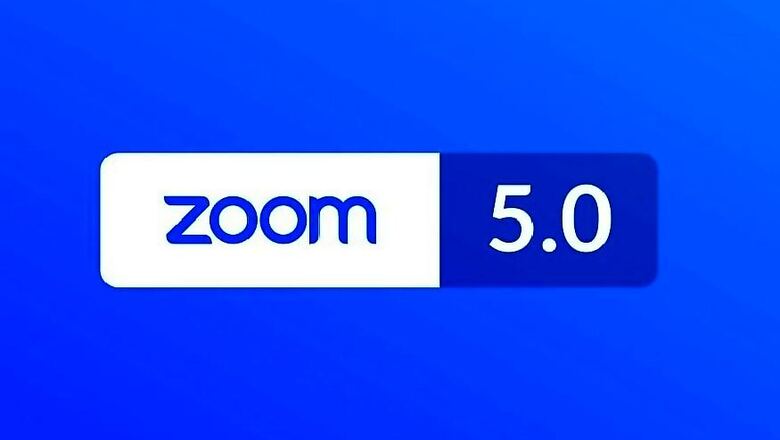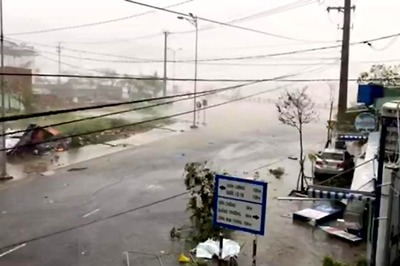
views
Zoom has released a new update, with the Zoom v5.0 update being announced to the app and ready to be rolled out over the next few days. The app brings with itself a few much needed privacy and security oriented overhaul, including Zoom’s planned upgrade in the encryption standard that it uses for the service. The list of new features is underlined by the introduction of AES-256 GCM encryption standard, which uses a more secure cipher for data in transit than the erstwhile AES-256 ECB, and therefore makes data on Zoom at least safer than what it used to be.
Other changes made to the privacy and security features on Zoom through the 5.0 update include the ability for individuals to choose which data centre do they want to use for Zoom services, therefore allowing users to avoid surveillance-heavy nations such as China. In terms of user-directed controls, Zoom has introduced a new security icon on the meeting menu, which groups together multiple important security features such as locking meetings, removing rogue participants, restricting who can share screen, and so on.
As part of the new update, in the education space, only meeting hosts will be able to share their screen. For general users, participants will be restricted from renaming their accounts after joining call to protect integrity of identity. The waiting room feature is also being turned on by default, for hosts to vet call participants before letting them into a meeting. Additionally, Zoom is turning on passwords for meeting links by default, and enabling IT admins to set increasingly complex password guidelines for users, to keep themselves safe.
Zoom has so far faced an unprecedented amount of backlash from all corners for its privacy and security problems, with many deeming the service unsafe for video calls. In fact, the Indian government has already announced a Rs 1 crore innovation challenge for startups to build a Zoom alternative. While the company goes about with damage control, it is also attempting to convince users that its platform is not unsecured.



















Comments
0 comment